The Ford Mustang Needs To Go On A Diet, CEO Thinks
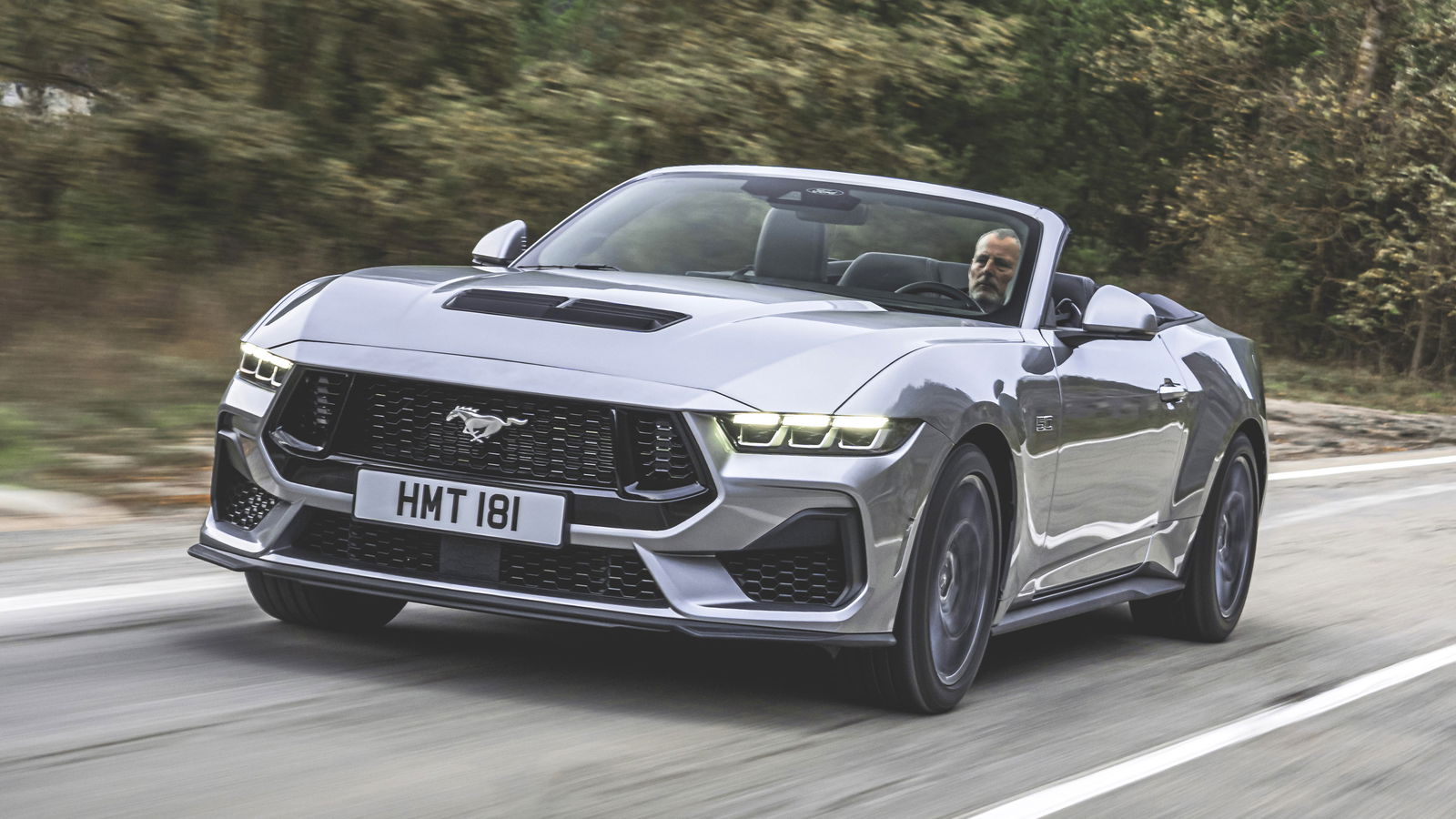
Ford boss Jim Farley recently gave hope to pony car enthusiasts around the world when, in an interview with Autocar, he put his foot down firmly on the matter of its future powertrains, claiming that the now 60-year-old nameplate would never go electric. Apparently, the Mustang Mach-E doesn’t count.
Farley has been vocal about his aim to keep the Mustang V8-powered for as long as possible, putting faith in factors such as hybrid systems and Ford keeping its overall fleet emissions down with its growing range of full EVs. In the same interview, he outlined another possible method: getting the Mustang on a serious diet.
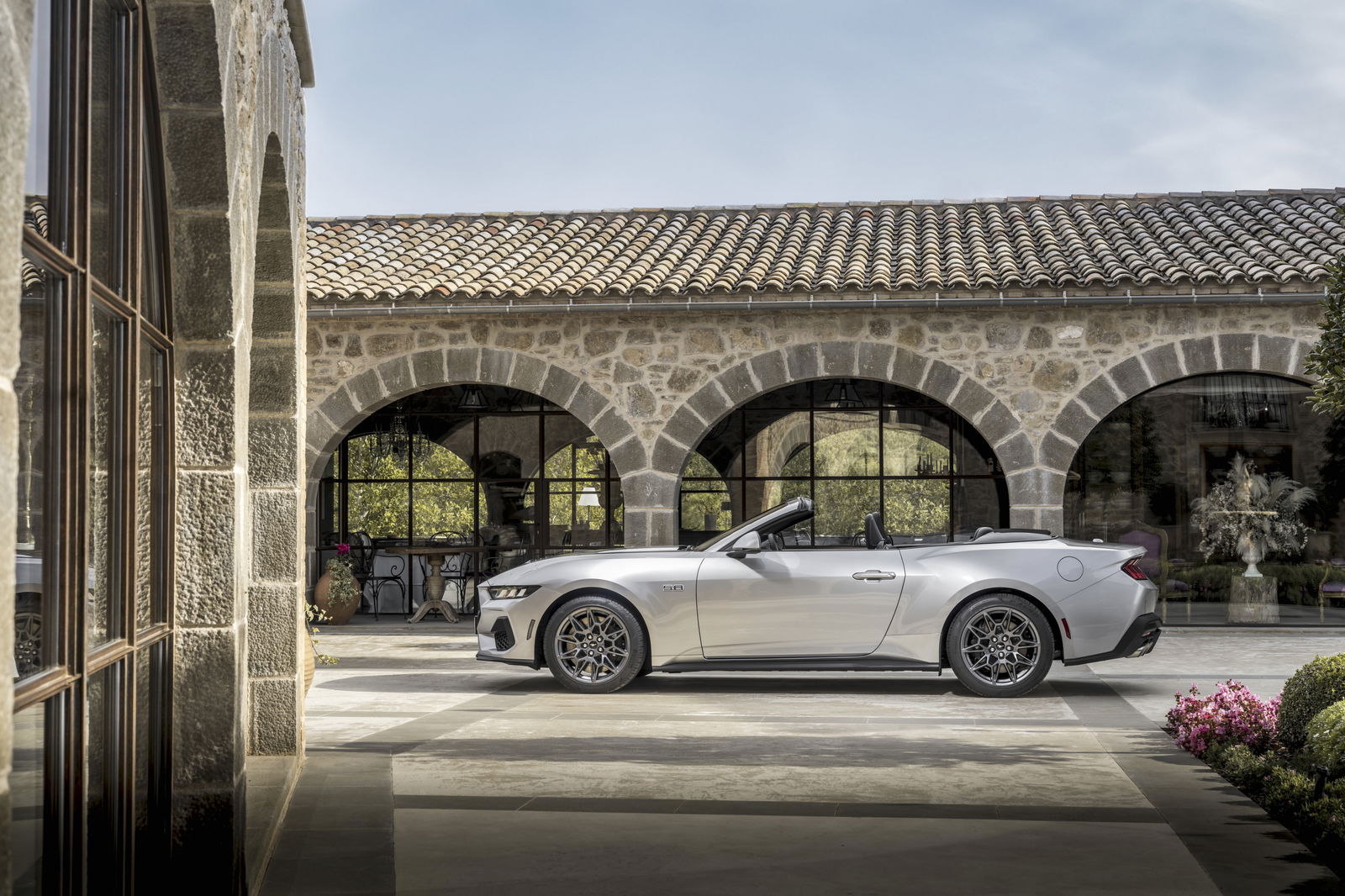
The vast majority of long-running cars have gotten heavier as time’s gone on and safety regulations and consumer tastes have demanded more of, well, everything. While it’s allowed cars to get safer and be loaded with more tech, weight is also one of the biggest foes of the car industry’s current drive for greater efficiency.
By Ford’s reckoning, the current V8-powered Mustang GT coupe has a hefty 1836kg kerb weight in its UK spec, a lot of car to shift around even with a 440bhp V8 providing motivational force.It hasn’t yet confirmed European specs for the equivalent convertible, but estimates it’ll add another 40kg to that figure, pushing it further into territory once reserved for massive SUVs. Farley said of the entire Ford range: “We have got to get our cars lighter – and that includes our Mustang versions.”
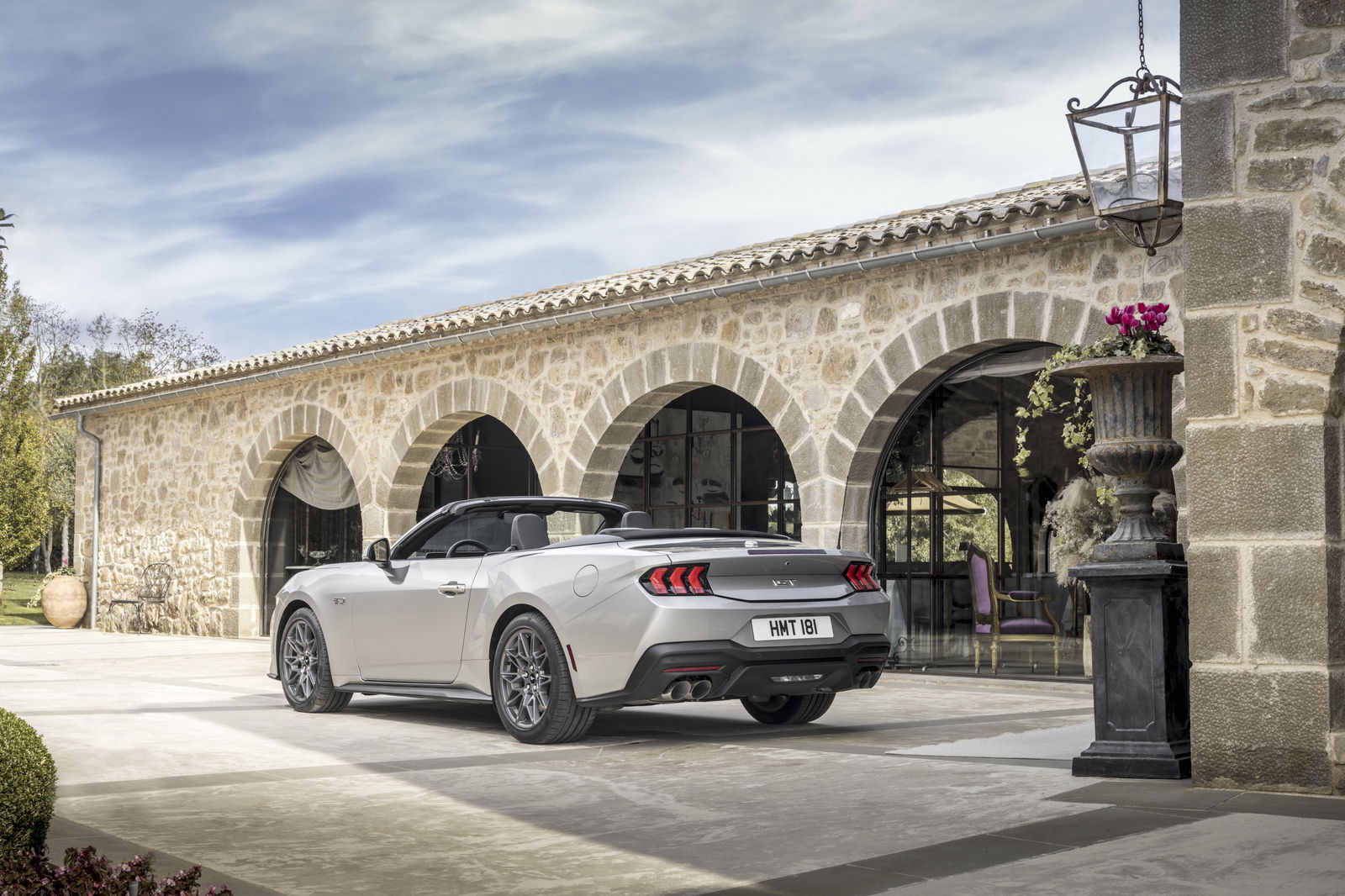
It won’t necessarily be an easy task for Ford – lightening the Mustang could compromise its inherent usability or drive up its price through the use of more exotic materials, for instance – but it’s commendable that Farley recognises this in a world of ever-spiralling automotive weight, especially if it’s with a view to keeping an inherent part of the Mustang’s identity around.
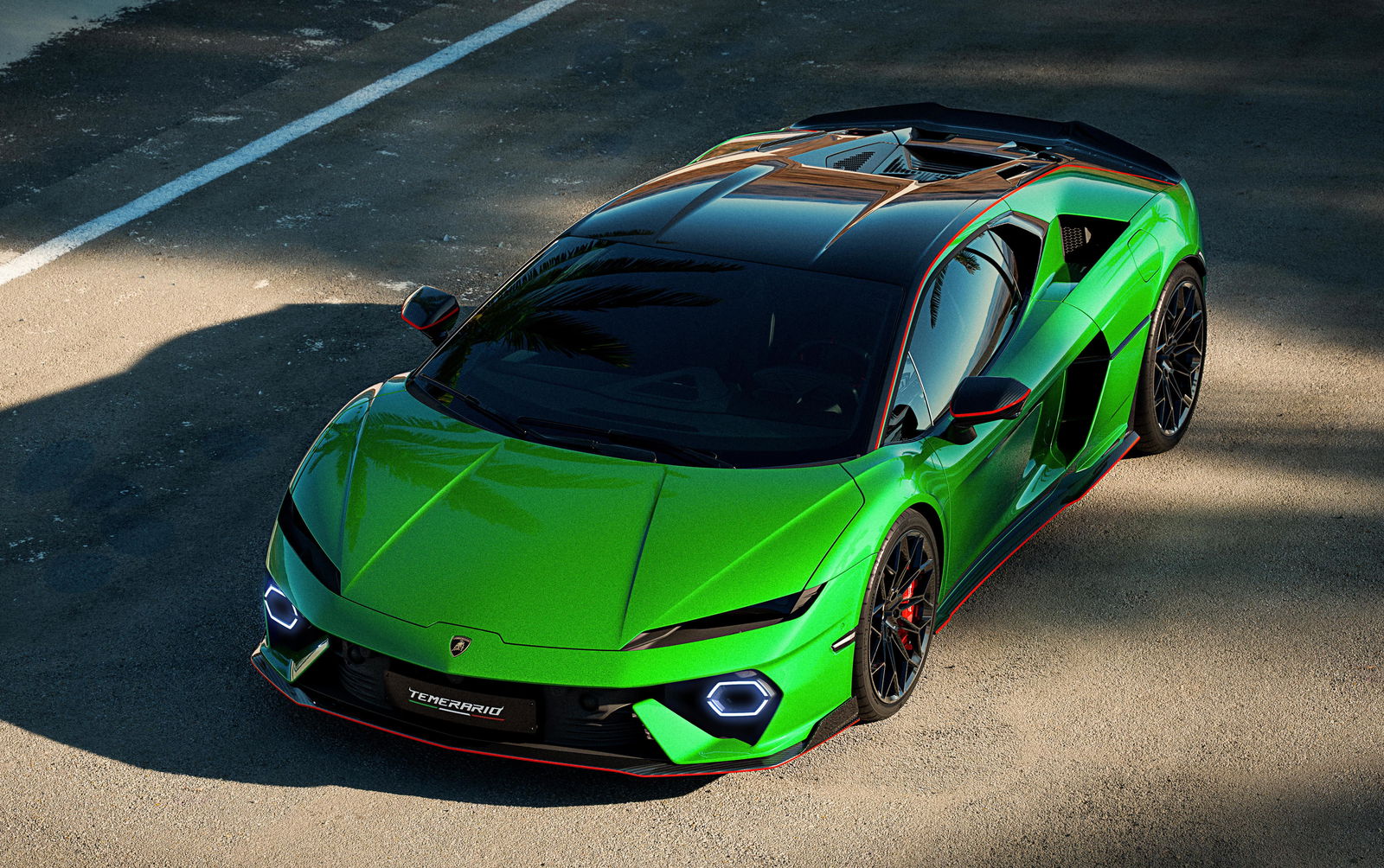
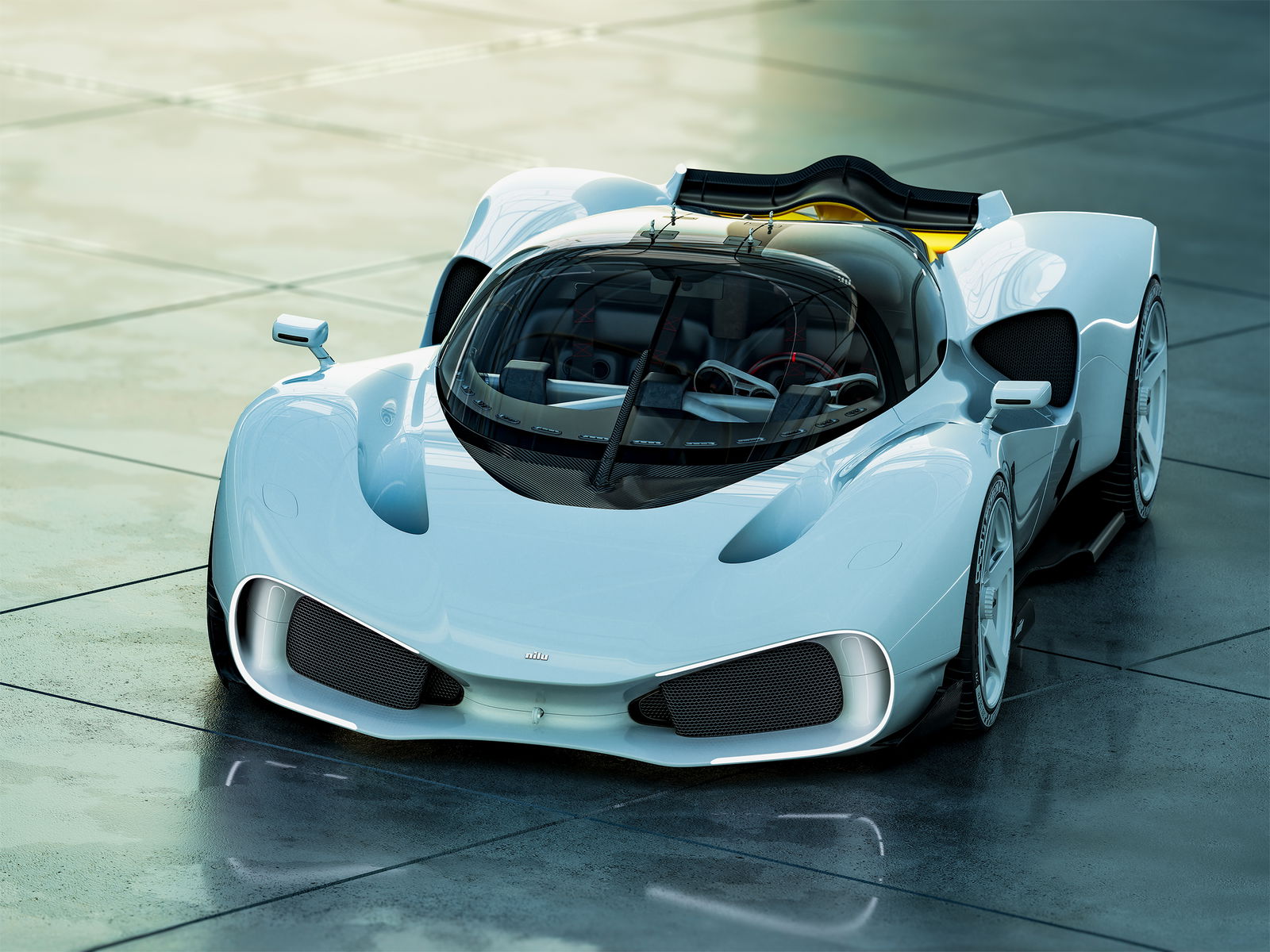







Comments